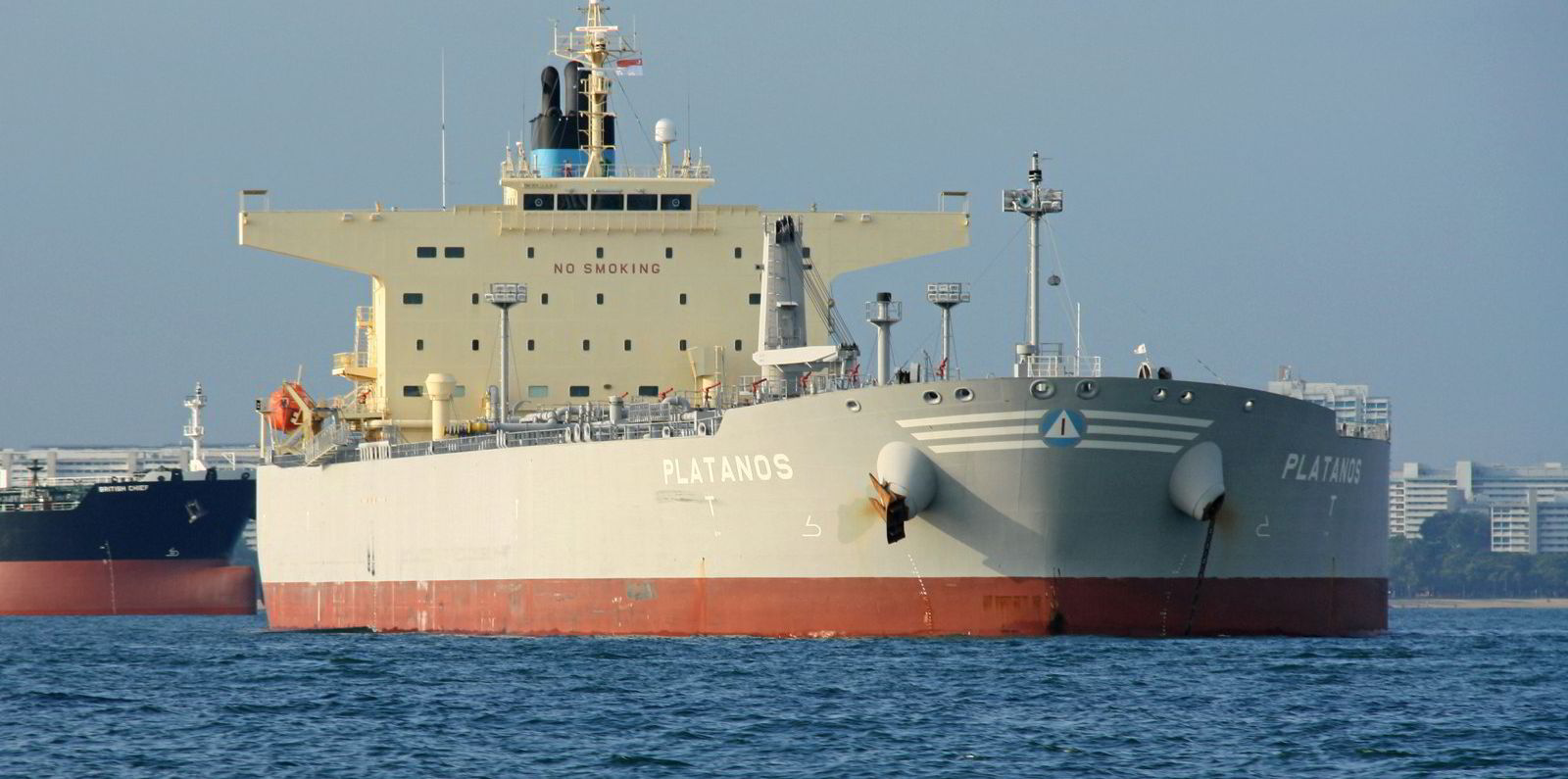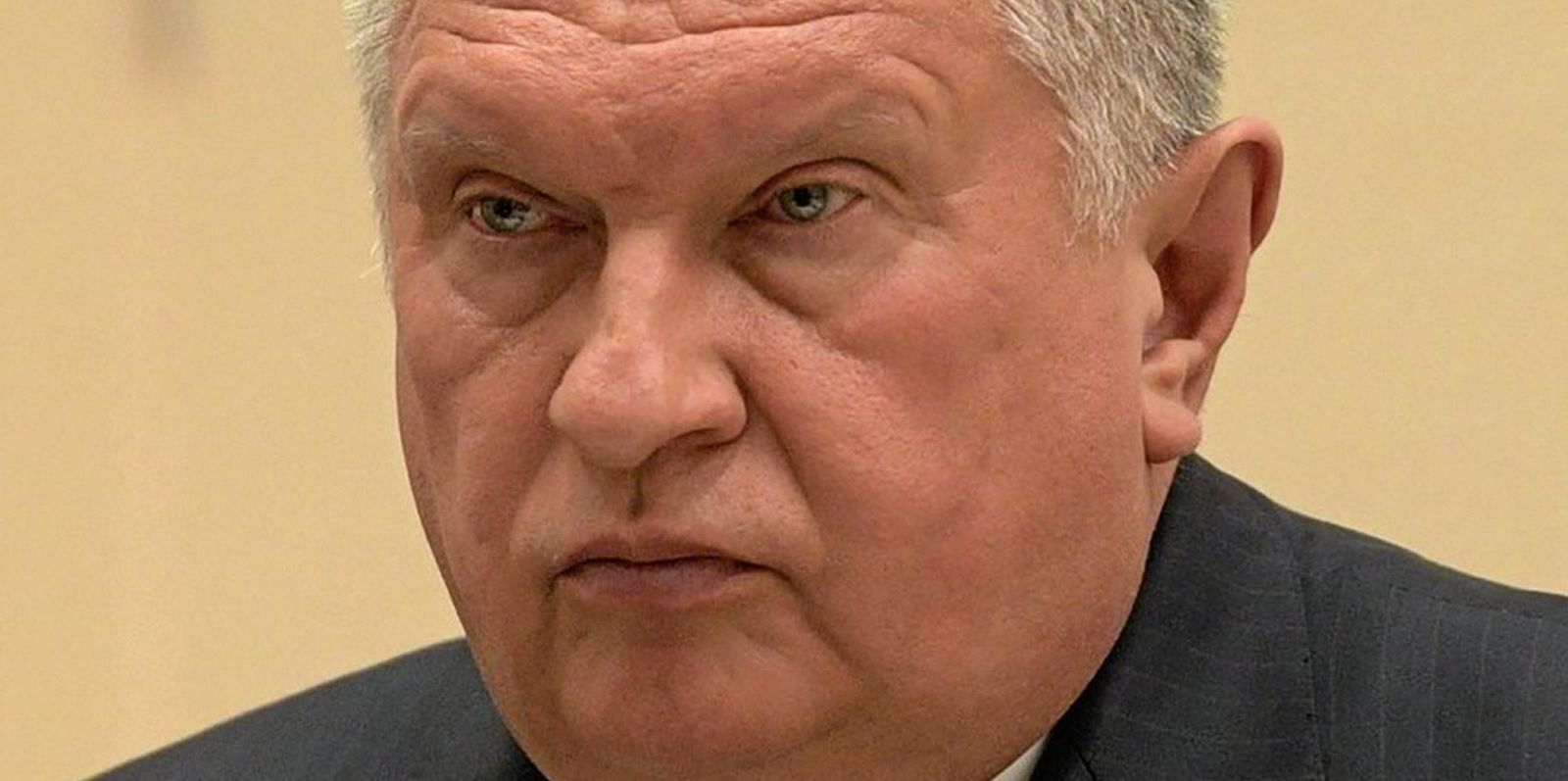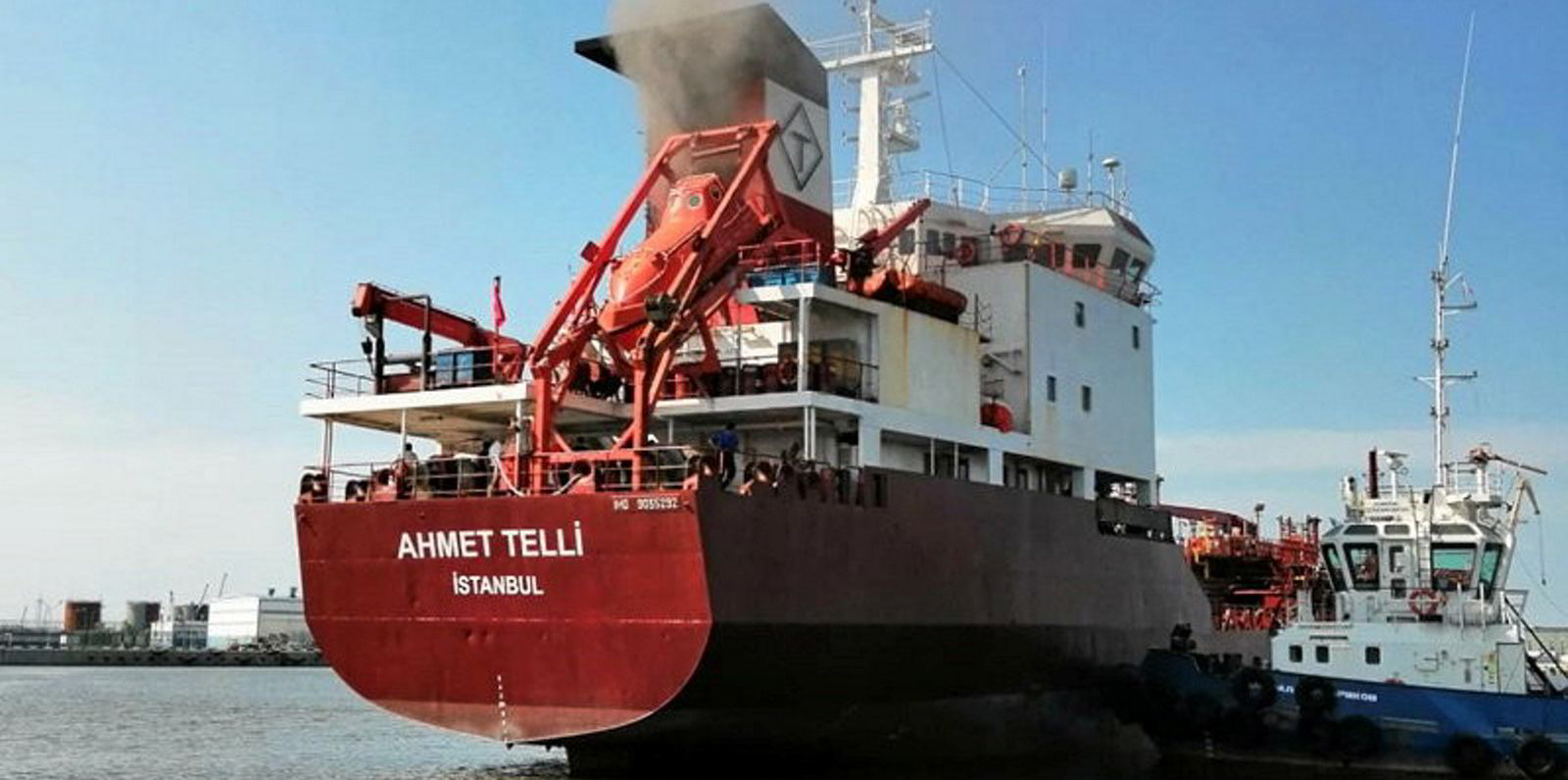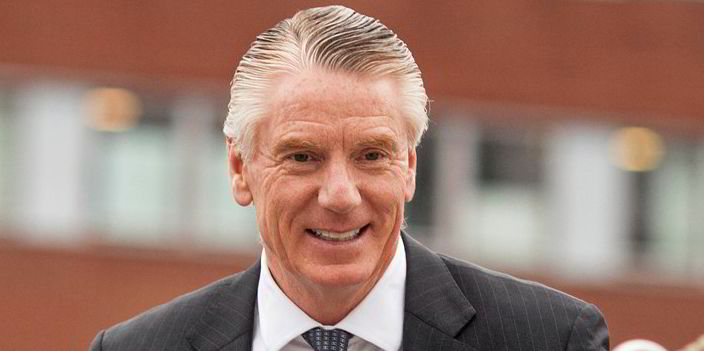French shipbroker Barry Rogliano Salles (BRS) has been trying to look beyond current shipping disruption to examine what will happen to tankers when the war in Ukraine finally ends.
The Paris shop said in a report earlier in July that the sector could enter a “golden age” from 2024 due to the lack of ship orders.
But it has warned that the timing of the end of the Russian invasion is key to market prospects.
The company has modelled two scenarios: an end to the conflict in 2025 and another where it persists across the medium-term.
“However, we acknowledge that the conflict could potentially end well before this date,” the broker said.
BRS’ latest report analyses the first scenario, which assumes that after a halt to hostilities, OECD countries will gradually start to purchase Russian oil again.
"Indeed, we would be surprised if restrictions on Russia’s energy exports were not included in the eventual negotiations for an end to the hostilities," the French company said.
The second scenario assumes that OECD nations will continue to shun Russian barrels.
The broker believes high oil prices will persist for as long as the Ukrainian conflict lasts.
Western sanctions mean Russian crude and product exports will fall from today’s level, potentially losing up to 2m barrels per day (bpd), most of which is likely to be clean products.
"We project little inroad from biofuels in the aviation and marine fuel sectors with oil continuing to be, by far, the main fuel," BRS said.
Positive for tankers
"We consider this a positive forecast for tankers considering that our models also project a long tail for oil demand driven by low wellhead production costs, especially in the Middle East, which imply that oil will remain economically attractive, especially in the freight transport and petrochemical sectors," the broker added.
When the war ends, BRS anticipates Russian oil production will experience a gradual rebound led by the re-entry of a small number of western companies.
"In turn, this will allow Russia to claw back some of the global oil market share which it will inevitably lose over the coming years. Nonetheless, it seems inevitable that Russian crude and condensate production has already peaked," the company said.
In the meantime Saudi Arabia will be the key country for VLCC exports, and western Canada for aframaxes.
Brazil will be vital for both suezmaxes and VLCCs.
"We continue to remain sceptical of East Africa’s production prospects and expect delays in exporting Ugandan crude which will eventually boost global aframax and panamax demand," BRS said.
Refinery capacity expands eastwards
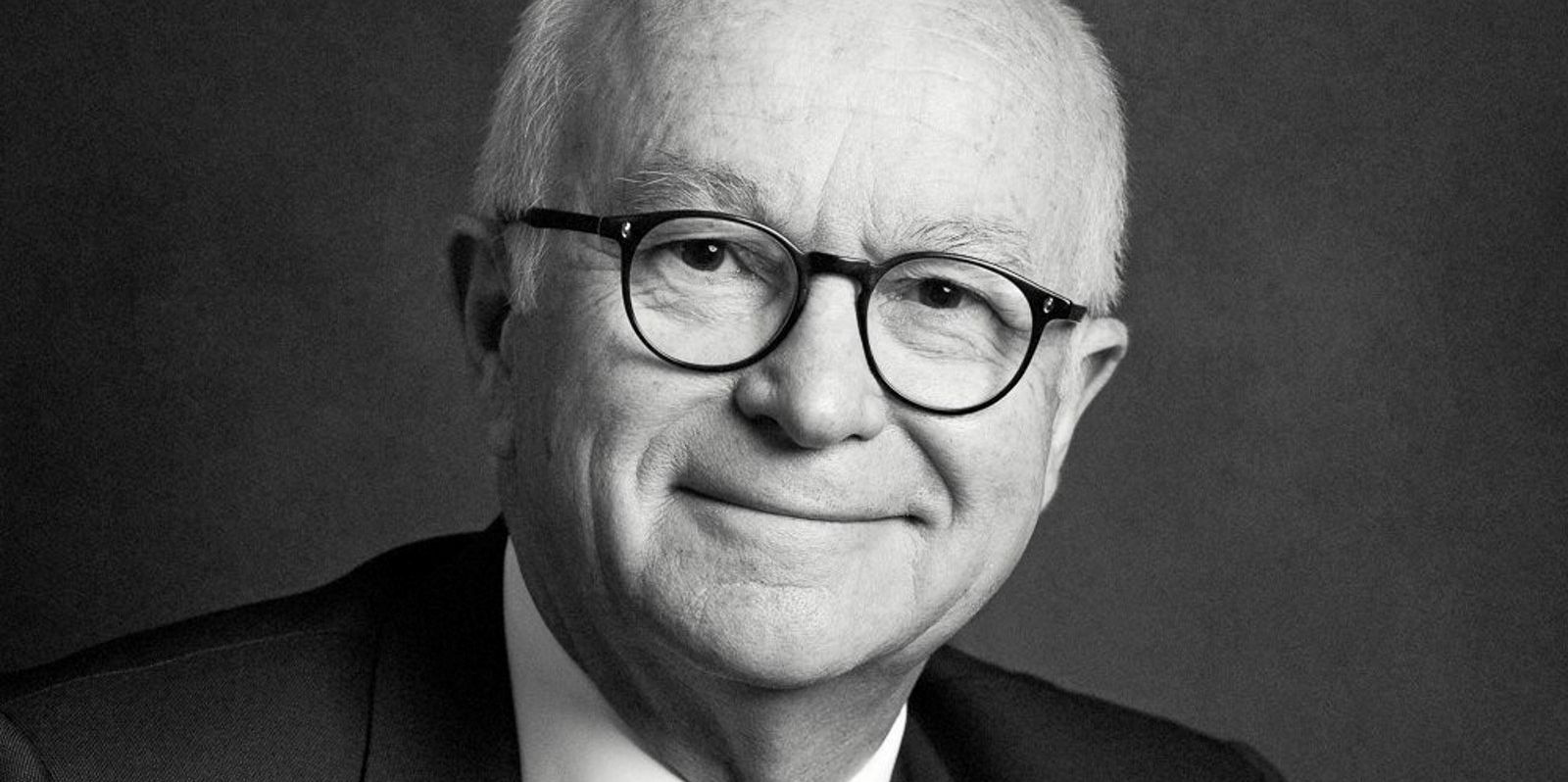
The medium term will also see a continuation of the eastwards migration of the refining industry which has taken place over the past decade, the broker argues.
"This is logical considering that non-OECD Asia and the Middle East will be the engines of global oil demand growth across the forecast period," BRS added.
And 2023 will see a final hurrah for the Atlantic Basin refining industry, the company believes.
After seeing significant contraction over the past few years, Atlantic Basin refining capacity is expected to expand by a net 835,000 bpd next year.
Two new projects will start up: the 650,000 bpd Dangote refinery in Nigeria and the 250,000 bpd expansion of Exxon Mobil’s refinery on the US Gulf coast.
This will more than offset some anticipated capacity closures in the US, BRS said.
One-way traffic
After 2023 it is all one-way traffic to Asia, as a series of "mega-projects" east of Suez will see capacity expand by 2.5m bpd.
"Indeed, as the world eventually moves back towards normality, some of the temporary factors supporting refinery economics, especially of simple plants, wane," BRS concluded.
The model includes a conservative adjustment to account for unannounced closures in mature refining regions.
"We expect these closures to be driven not only by the poor economics of older, inefficient plants compared with their more complex and efficient modern competitors, but also by environmental legislation, especially in the OECD, which will see plants required to conform to stricter and stricter regulations," the broker said.
